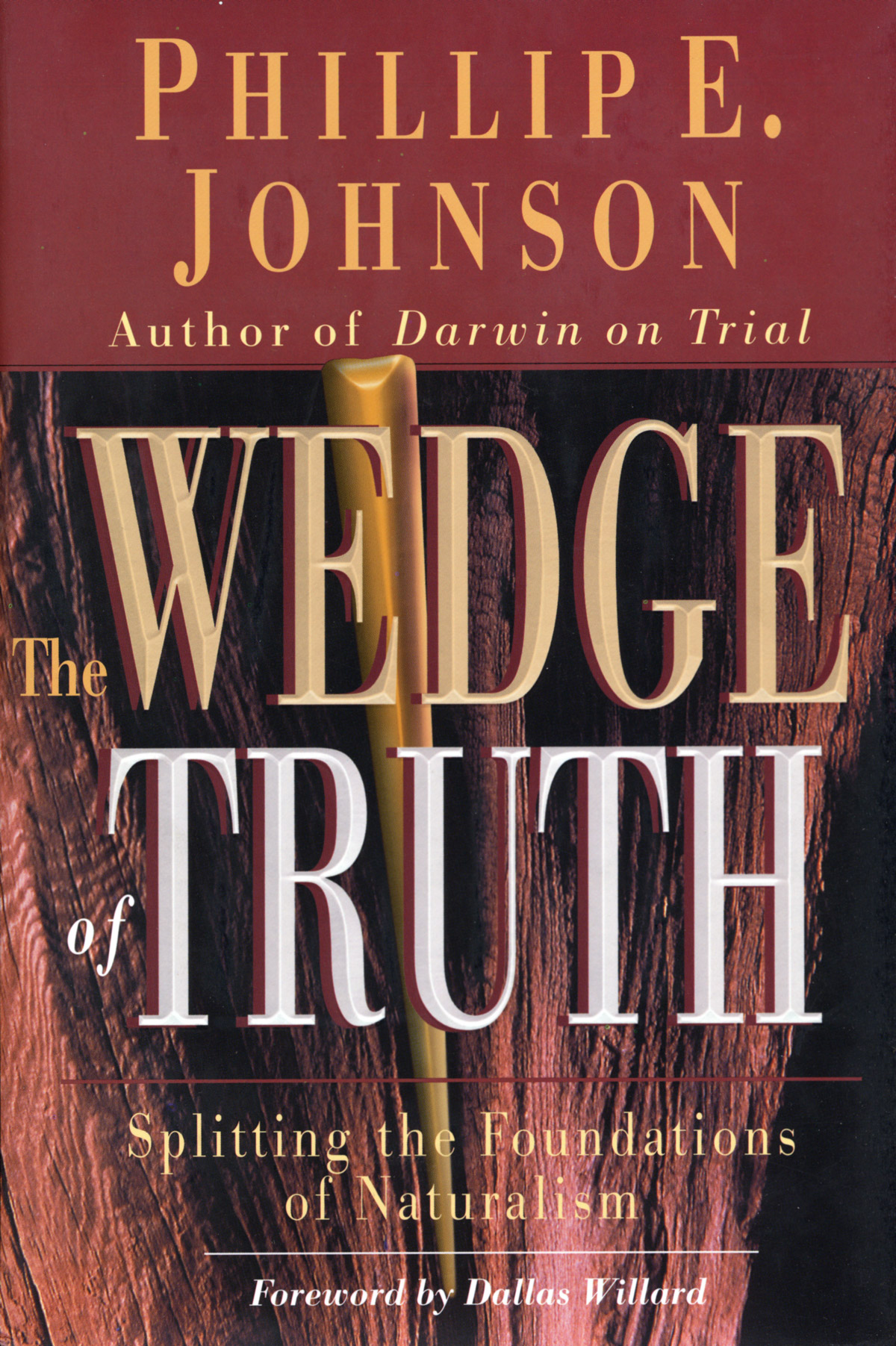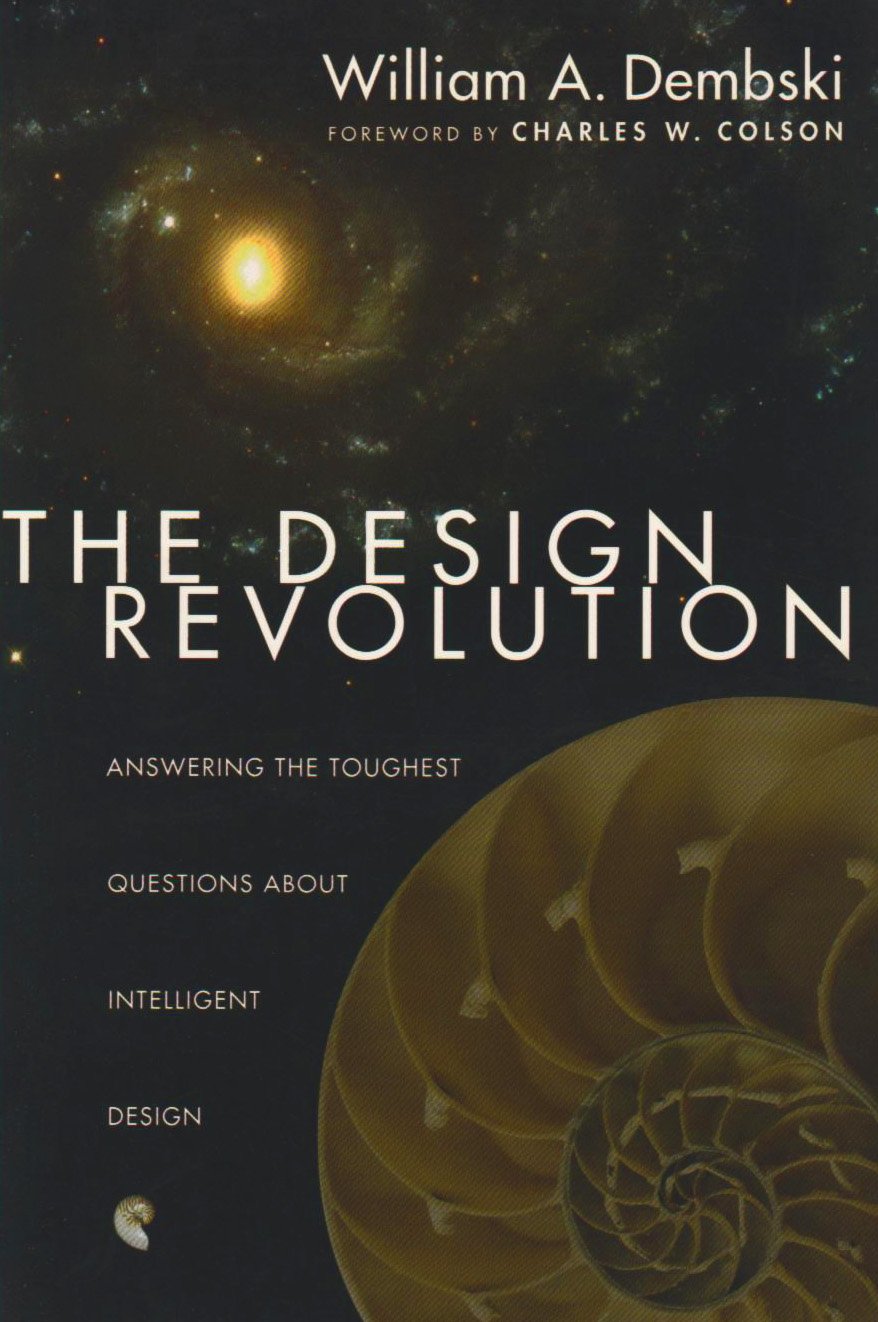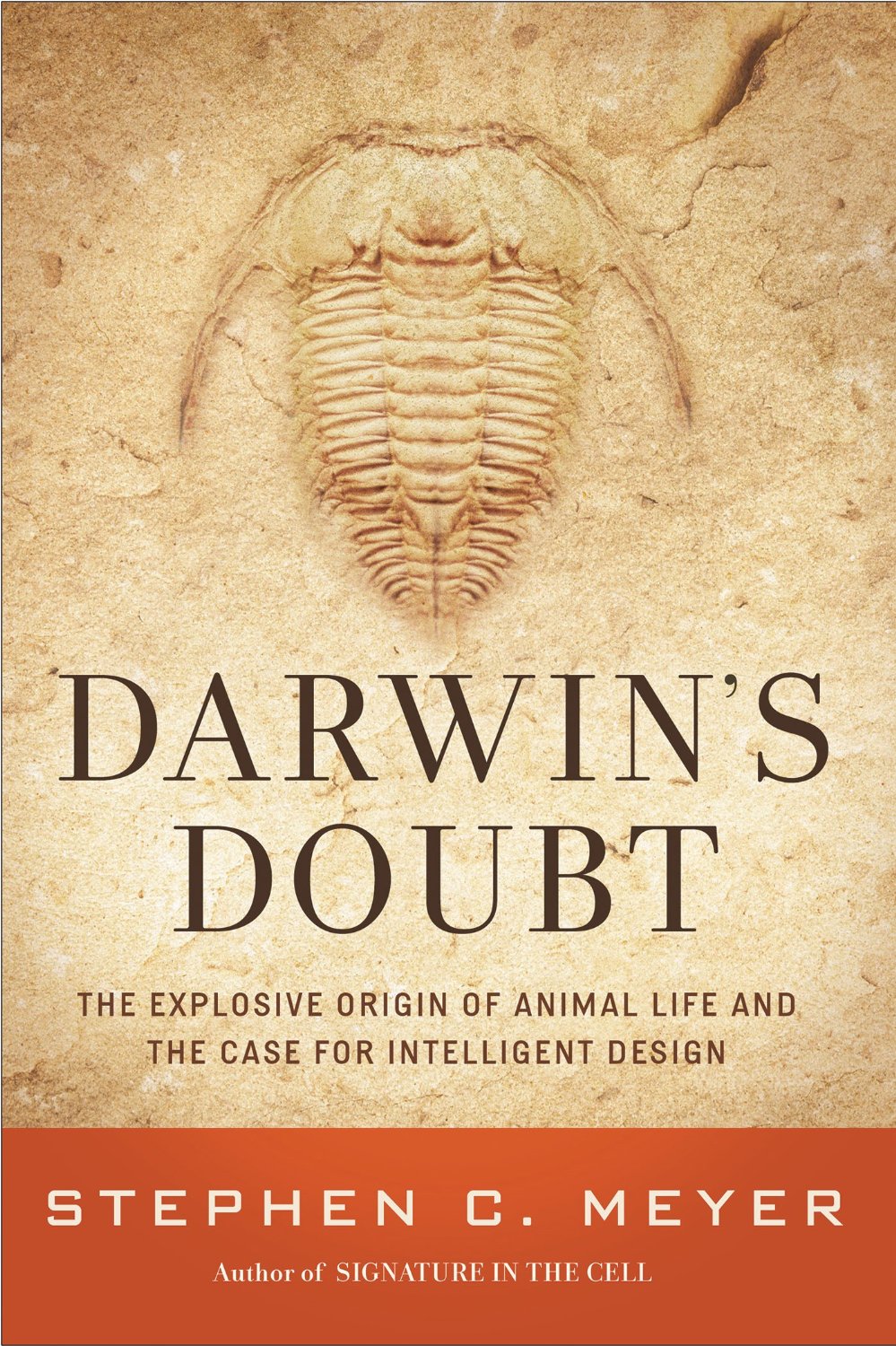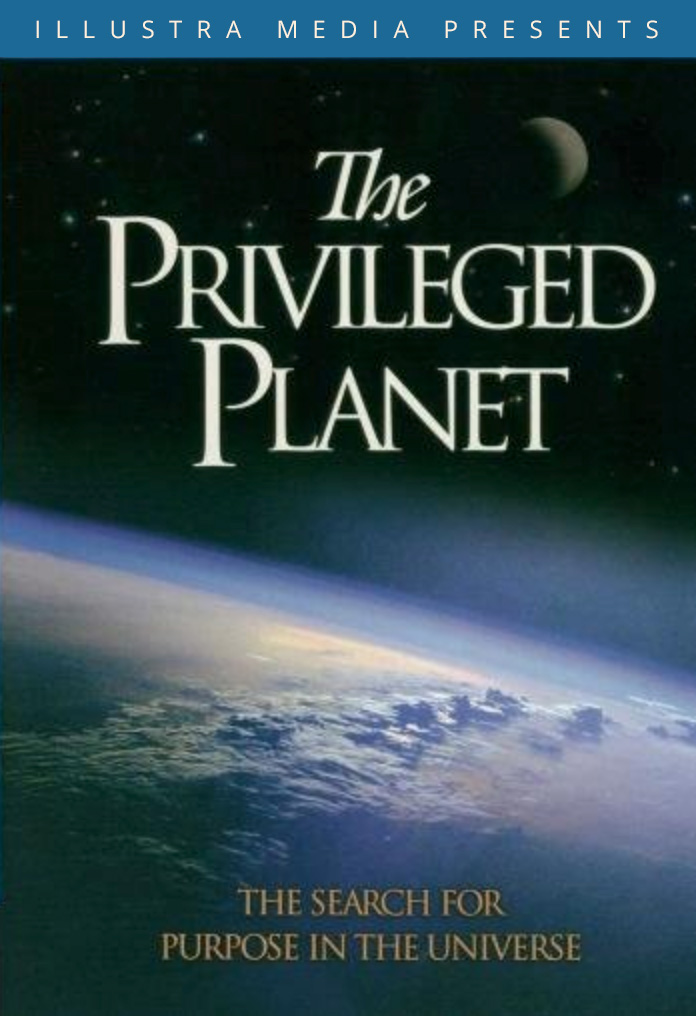Description
Science is the supreme authority in our culture. If there is a dispute, science arbitrates it. If a law is to be passed, science must ratify it. If truth is to be taught, science must approve it. And when science is ignored, storms of protest are heard in the media, in the university — even in local coffee shops. Yet a society ruled by science (and the naturalistic philosophy that undergirds much of it) faces major problems.
Science speaks so authoritatively in our culture that many are tempted to use its clout to back claims that go beyond the available evidence. How can we spot when such ideological sleight-of-hand has taken place? More important, while we may learn a great deal from science, it does not offer us unlimited knowledge. In fact, most scientists readily acknowledge that science cannot provide answers to questions of ultimate purpose or meaning. So to what authority will we turn for these?
The deficiencies in science and the philosophy (naturalism) that undergirds it call for a cognitive revolution — a fundamental change in our thinking habits. And it all begins with a wedge of truth. This wedge of truth does not “wedge out” a necessary foundation of rational thought. But it does “wedge in” the much-needed acknowledgment that reason encompasses more than mere scientific investigation.
Phillip E. Johnson argues compellingly for an understanding of reason that brings scientific certainty back into relational balance with philosophical inquiry and religious faith. Applying his wedge of truth, Johnson analyzes the latest debates between science and religion played out in our media, our universities and society-at-large. He looks to thinkers such as Newbigin, Polanyi and Pascal to lay a foundation for our seeing the universe in a totally different way. And from that base he then considers the educational programs and research agendas that should be undertaken — and have already begun in some earnest — during this new century.
In the end, Johnson prophetically concludes that the walls of naturalism will fall and that the Christian gospel must play a vital role in building a new foundation for thinking — not just about science and religion but about everything that gives human life hope and meaning.
Editorial Review
Many Darwinists gloat over having supposedly exposed the allegedly secretive “Wedge project.” What they never acknowledge (or realize) is that Phillip Johnson openly discussed the full meaning of the “Wedge” in this book years before the widespread internet circulation of the supposedly super secret “Wedge document,” which summarized many of the points in this book in order to clarify for our supporters the important cultural implications of the battle over intelligent design, and explain the importance of forging ahead by calling attention to the growing body of scientific evidence for design in nature.
In this book, Johnson, also Program Advisor for Discovery Institute’s Center for Science and Culture, explains that naturalism, materialism, and modernism aim to remove any support for belief in a personal God who acted with free will to create and sustain the universe. This philosophical assumption forms the bedrock for the belief that plants and animals arose through undirected and purposeless evolutionary processes, and that humans are therefore just another animal, not created in the image of God.
The curtain of naturalistic philosophy today places a stranglehold over not only the fields of science, but also of literature, psychology, and law. Academics remain committed to naturalism as an explanation for all phenomena regardless of the facts. Johnson’s strategy is to expose where naturalism is deficient in its explanations in scientific fields such as paleontology, genetics, and biology. This book outlines the various areas where the “Wedge strategy” is producing viable academic thought to challenge naturalism.
But the Wedge strategy can be countered, Johnson writes, and the Darwinists know how: through obfuscation by focusing on irrelevancies. “Dogmatism thrives by obfuscation, especially by giving the impression that the really important questions should not be asked.” (pg. 16) Thus, according to Johnson, “If we in the Wedge have an enemy, it is not those in open and honest opposition to our proposals but rather the obfuscators — those who resist any clear definition of terms or issues, who insist that the ruling scientific organizations be obeyed without question and who are content to paper over logical contradictions with superficial compromises.” (pg. 17)
The enemies of the Wedge are thus those who focus on side issues such as the religious beliefs and alleged motivations of Darwin doubters rather than inviting honest discussion of the evidence. Ironically, the Darwinists’ current obsession with contents of this book — the “Wedge strategy” — is proof that Johnson was right.
Awards
A 2001 ECPA Gold Medallion Award winner! A 2001 Christianity Today Award of Merit winner!




